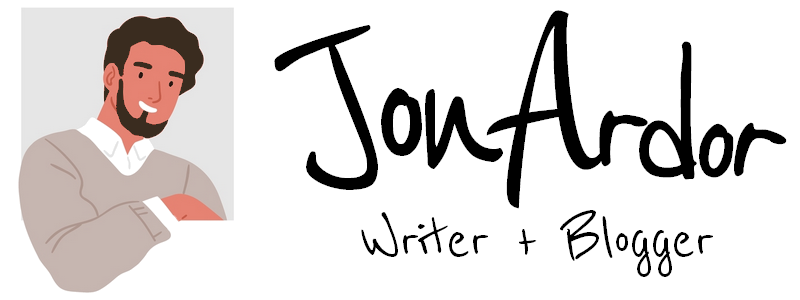How to Borrow Money with Bad Credit
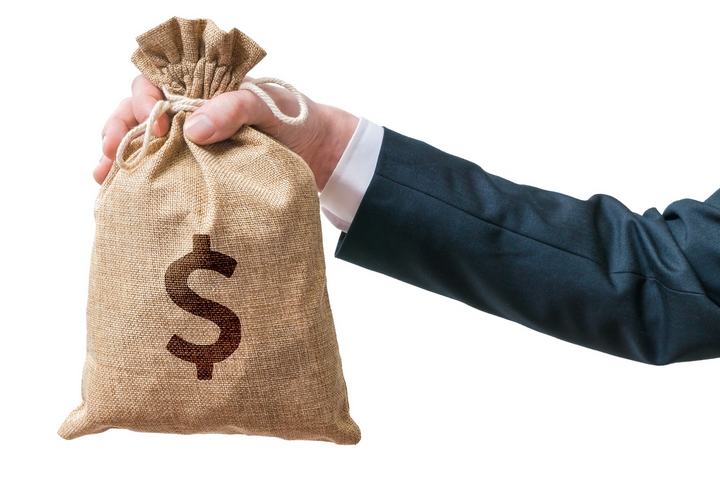
Life can throw you a curveball. It’s hard to predict when your next major expense may occur. It could be a car repair, a medical expense, needing extra money to get you through the holidays, or requiring some financial assistance with rent. If you have bad credit, borrowing money from a bank or credit union is next to impossible. Traditional lenders rarely want to do business with someone with bad credit, complicating things greatly.
Fortunately, there are still several ways you can acquire a loan. Here is how to borrow money with bad credit.
1. Apply for a Secured Loan
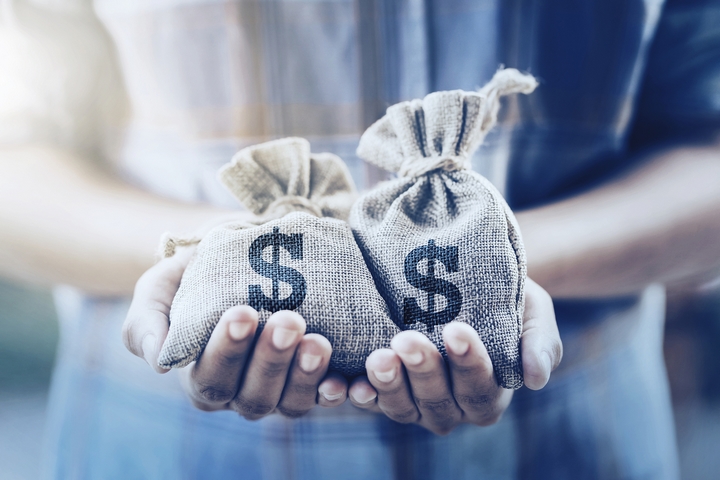
Banks and credit unions will be generally uncooperative when borrowing money with bad credit. However, you can try to discuss a secured loan using an asset as collateral, such as your car, home, or even savings account. Any sort of valuable collateral may be able to help you qualify for a personal loan, even with bad credit. It may even help you acquire a lower interest rate.
The only downside is if you default, they may be able to legally confiscate your collateral to recover the funds.
2. Apply for a Joint Personal Loan

Another way to negotiate with a traditional lender, such as a bank, to borrow money with bad credit is to consider requesting the support of a family member or friend and applying for a joint personal loan. This essentially is applying for a loan in partnership with a second person. They’re backing your loan request, lowering the borrower’s risk.
That said, if you don’t make payments on a joint personal loan, your lender can come after you and try to collect from your co-borrower, potentially putting that relationship in trouble.
3. Secure Yourself a Payday Loan

Payday loans can be provided to someone with bad credit. Some payday loan companies advertise bad credit loans with fixed interest rates and flexible repayment options. If you have a poor or no credit history, you will pay more interest, and the fees are certainly higher than what you’ll find at a bank.
However, the cash comes fast, and the banks are unwilling to do business with you. Many people rely on payday loans to cover emergencies, and most companies are easy to do business with.
4. Cash Advance From Your Credit Card

Chances are, if you’re trying to borrow money with bad credit, you cannot access funds on a credit card. If you do, however, you may be permitted to take small, short-term loans from it, known as cash advances. This allows you to withdraw a little cash to your chequing account, though it comes with a cash advance fee and higher-than-average interest rates.
There is no credit check, though. All you have to do to receive the money is sign it into your account and move it to your checking account. This should be registered as a cash advance.
5. Use Your Home Equity to Secure a Loan
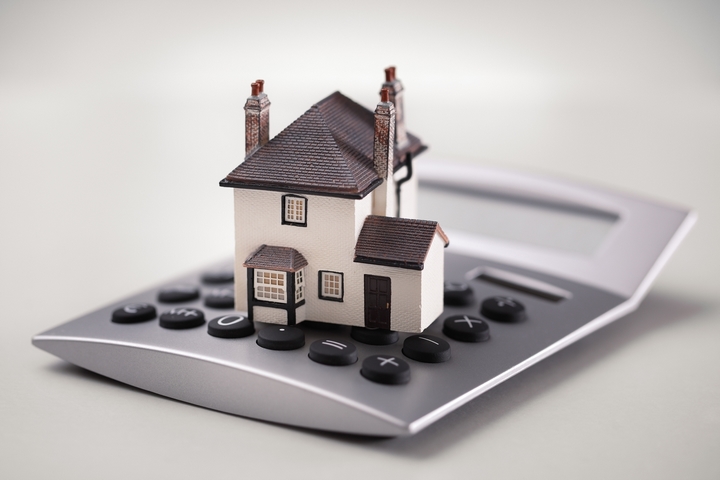
For those with equity in a home, set aside your bad credit and use your home equity to apply for a loan. A home equity loan has fixed rates and can have an extremely affordable repayment schedule. You can be provided with a large amount of money fairly quickly.
The difficulty is that you’re putting up your home, and your lender can take it if you default. A home equity line of credit, or HELOC, works in much the same way. It’s a big risk, especially if you are unsure whether you can maintain a specific repayment schedule.
6. Ask A Friend or Family Member

If your credit is extremely poor and you have a friend or family member willing to help you, asking them to borrow money may be an option. That said, you don’t want to do it casually. Ensure there’s an agreement written and signed with a fair interest rate and fair terms.
Ensure you can follow the repayment schedule. Ideally, you want to treat this as formally as any borrower-lender relationship and ensure terms are clear. To this point, if repayments fall through, this could put a major strain on the relationship with this person. That’s what is at risk.
7. Peer-to-Peer Lending
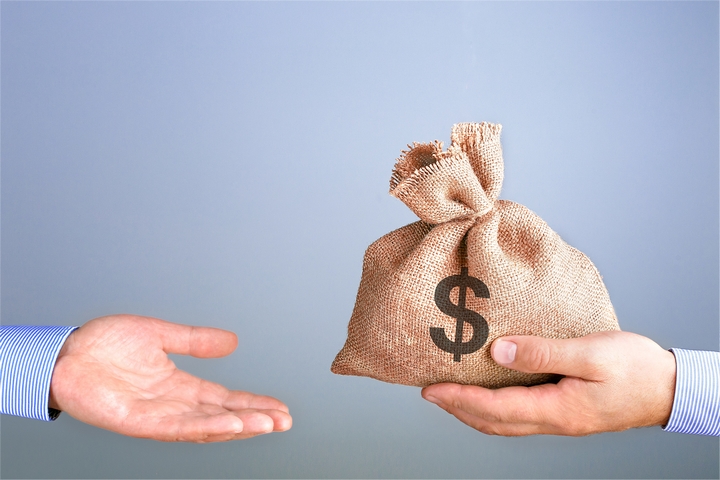
There is also peer-to-peer lending, particularly as it applies to business financing, although some P2P lenders also allow for personal financing. Peer-to-peer lending provides quick access to money, often within 24 hours. The downside is that a lot of the time, your credit score is very important to approval.
A bad credit score will mean high-interest rates, but it doesn’t inherently mean you can’t qualify for a loan with a peer-to-peer lender. Make your case with data to back it up, especially if it’s a private lender that you have direct contact with.
